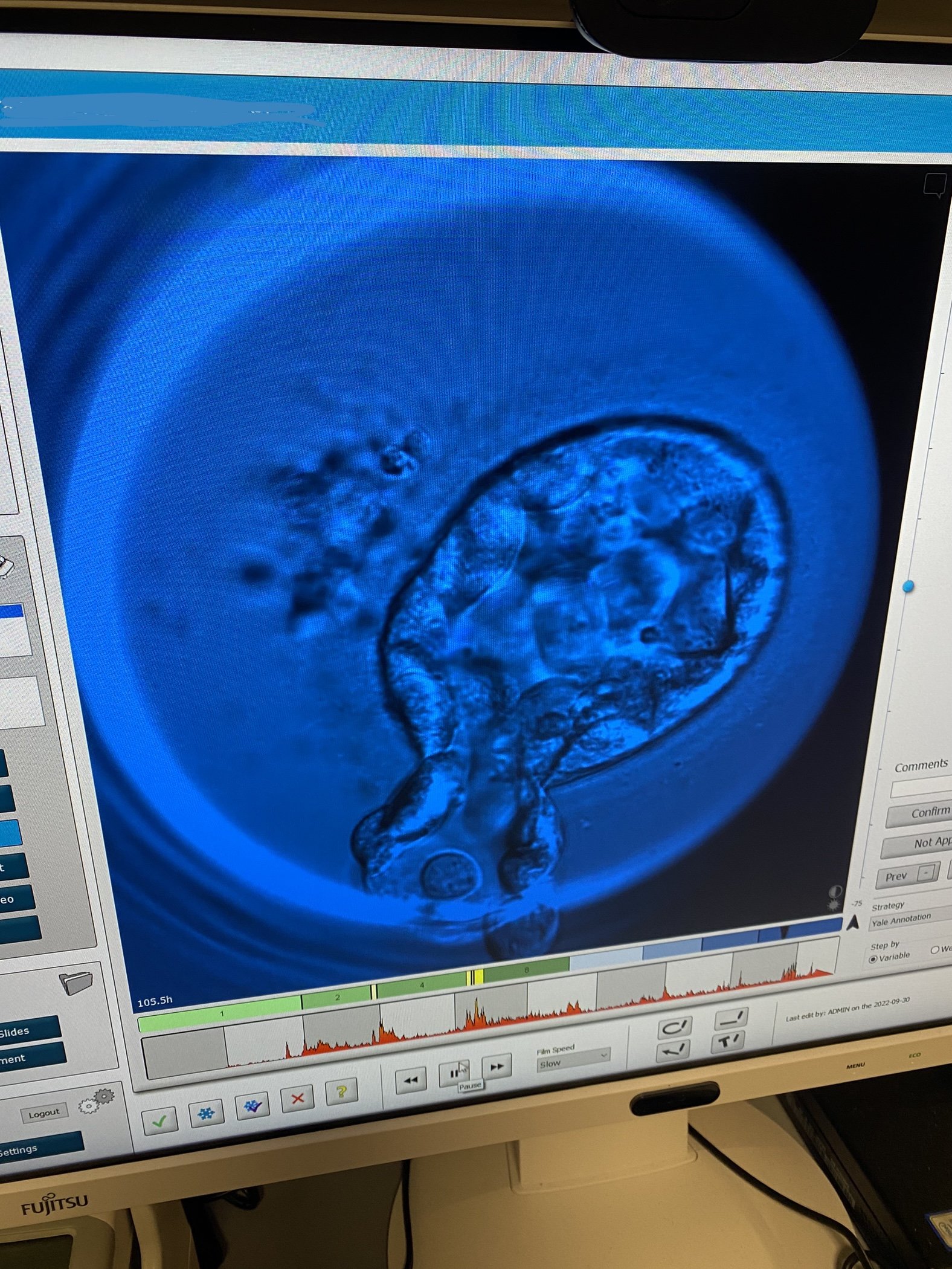Since the fall of Roe v. Wade, lawmakers around the country have moved to enshrine embryos as legally protected persons. Though we know these laws harm pregnant people, they also threaten the sphere of infertility medicine—where medical providers fertilize eggs, culture human embryos, place them inside uteruses, freeze them in liquid nitrogen, and discard them in biohazard bins.






